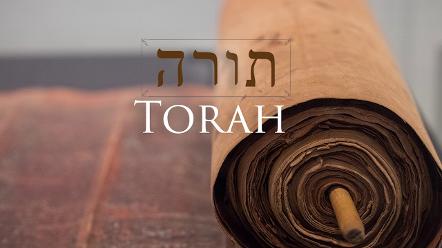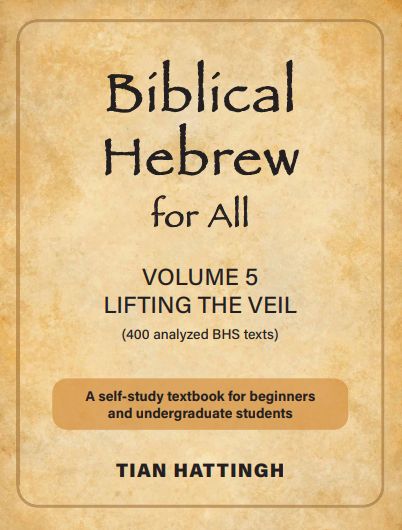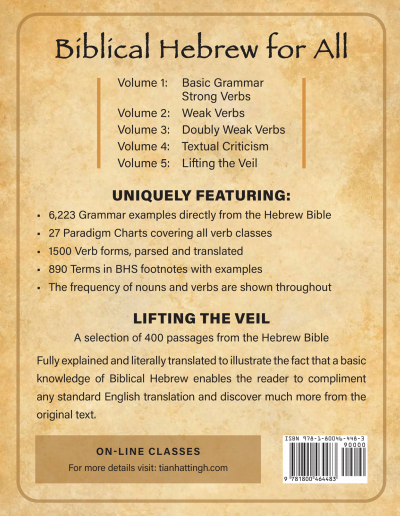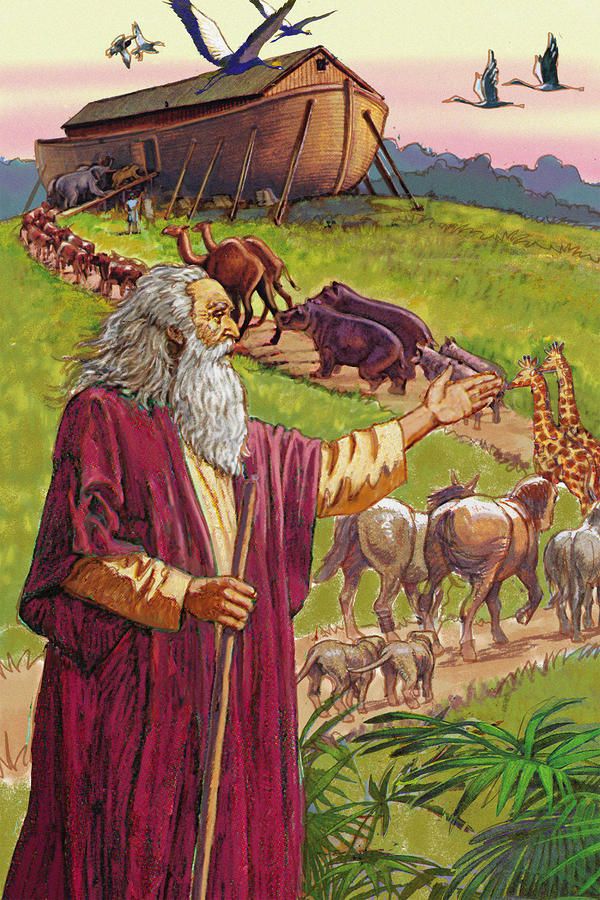
Tanakh
The word Tanakh is an acronym derived from the names of the three divisions of the Hebrew Bible namely:
Torah (Instruction, or Law)
(also called the Pentateuch),
Neviʾim (Prophets),
and Ketuvim (Writings).
In Hebrew, the books of the Torah are referred to by using prominent word(s) in the first sentence of the book.
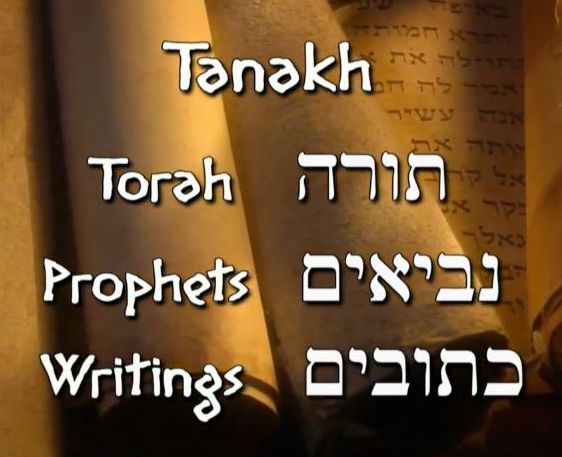
Please use the links below to gain access to notes on texts found in the Books of the Torah.

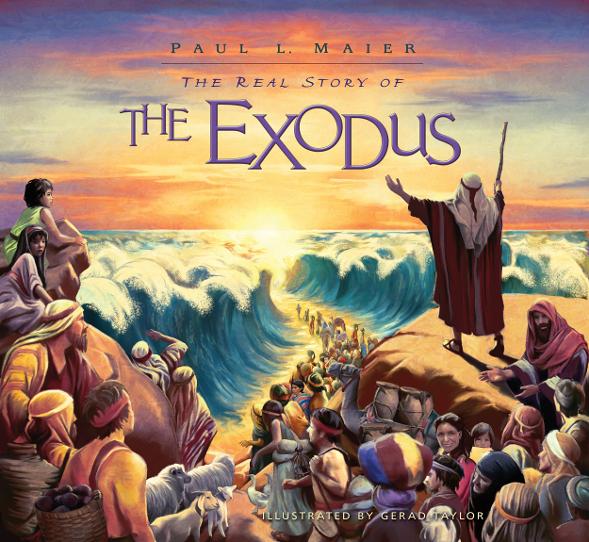
וְאֵלֶּה שְׁמוֹת
Exodus
open the page
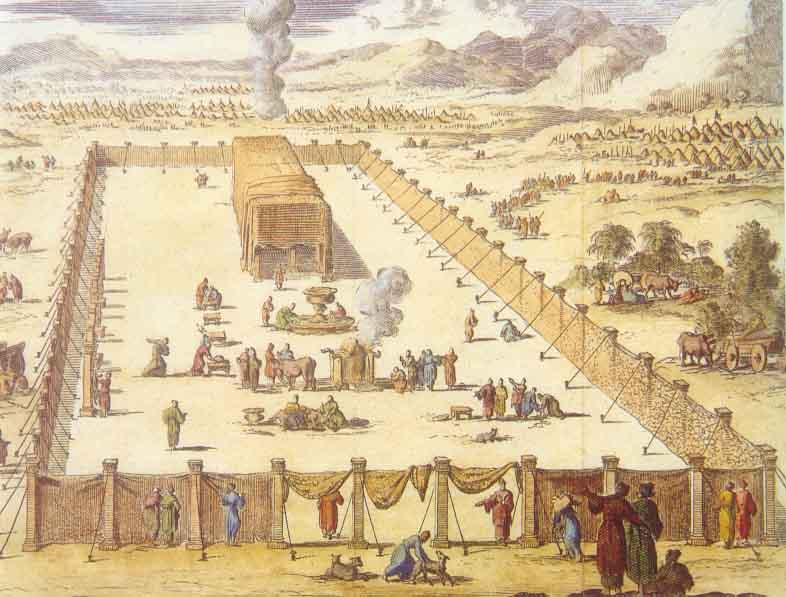
וַיִּקְרָא
Leviticus
open the page
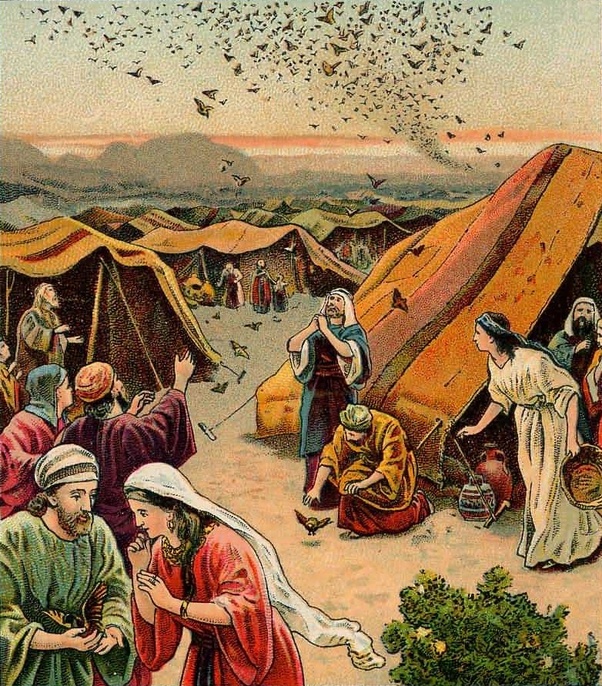
בְּמִדְבַּר
Numbers
open the page
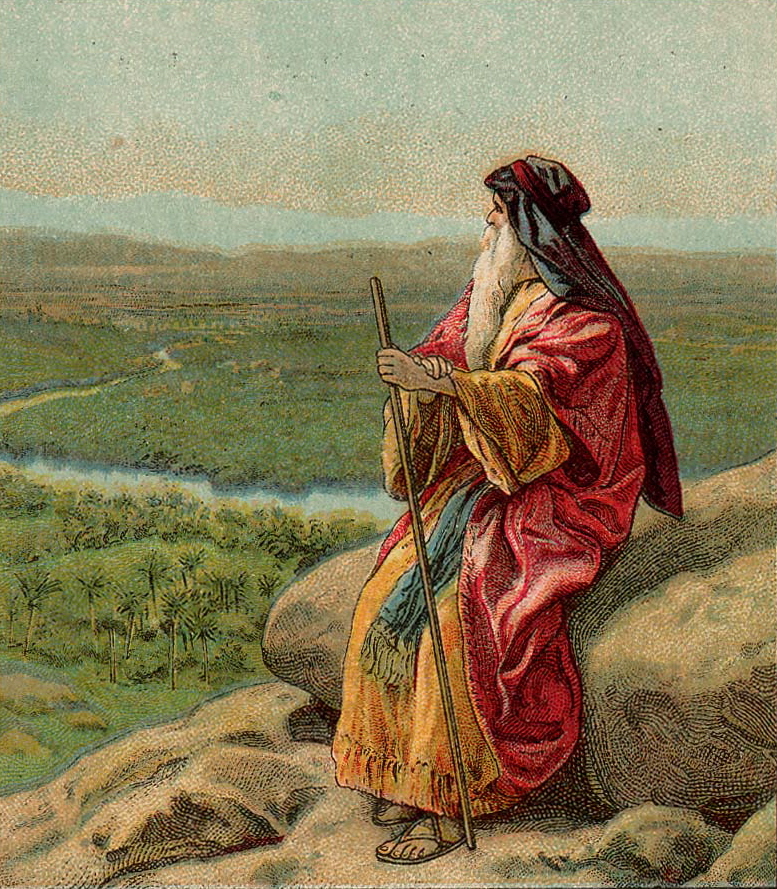
הַדְּבָרִים
Deuteronomy
open the page
The Pentateuch
Pentateuch means the first five books of the Hebrew Bible.
The word Pentateuch comes from two Greek words that mean "five books."
According to tradition, the books were written by Moses.
The meaning of “Torah” is often restricted to signify these five books.
